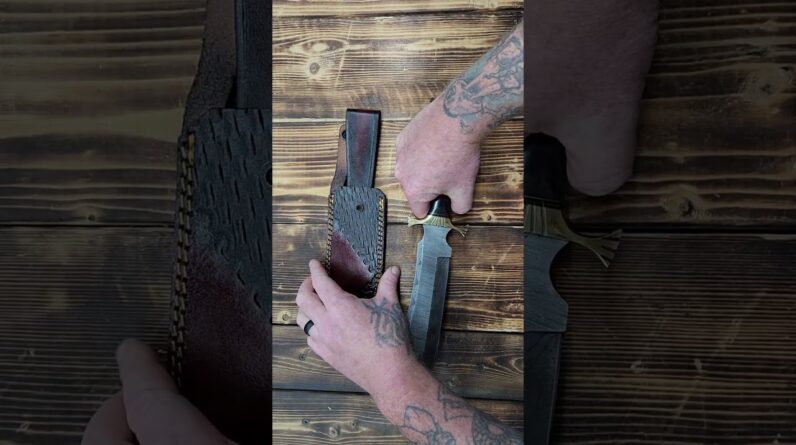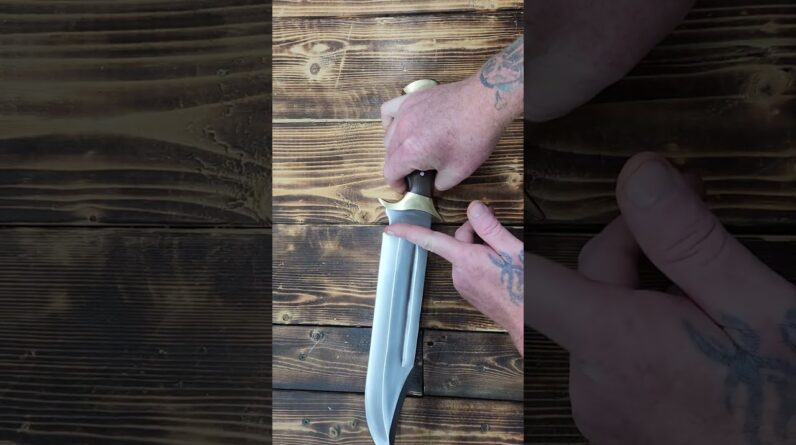
Survival Prepping and Prepper 101
While many people focus their attention on food in their survival kits, there are other things to keep in mind. It isn’t enough to have food and water stored in your vehicle. You should also have basic survival gear on hand, such as boo-boo kits, IFAKs, and extra glasses. Keep these items in your car, and you’ll be prepared for road emergencies, too. Survival experts also recommend learning and practicing basic survival skills.
A blog specializing in survival tips and techniques is Uncommon Wisdom for Survival Times. Its mission is to help people prepare for an emergency by sharing practical tips that will make their lives better. This blog also features a list of things you should not stockpile for survival. Many of the tips and techniques discussed in the blog are applicable to many situations, from extreme weather to natural disasters. You can even learn about the use of survival weapons.
If you want to know more about survival prepping, you can also visit The American Preppers Network. Its co-founders, Tom Martin and Hugh Vail, aim to help American families become self-sufficient. Their site also offers a comprehensive library of books and videos for you to learn more about the topic. Likewise, you can find articles and books on disaster preparedness and homesteading on M.D. Creekmore’s Preparedness Advice.
Another great resource for survival tips is Survivalist.com. The website contains content from many different sources, including military pilots and people who run major nonprofits. The contributors are experienced in different fields, including medical research, ejection simulations, and survival tactics. These experts have lived and worked in dangerous places, and they know exactly what it takes to survive in these conditions. They will help you get prepared for whatever the situation is, no matter what.
Food isn’t the top priority in survival prep. But food will make up the bulk of your survival resources. Survival experts recommend following the rule of three: food, water, and shelter. You should make sure your resources are suited for these tasks. Invest in food items that can last for several weeks or more, and keep a water supply for your family. There’s no reason to wait until a disaster strikes to get the food and water you need.
Many ex-military people have explicit plans to attack preppers in a SHTF situation. A serious survivalist should consider protecting their family and stockpile. Identifying and avoiding the enemies of his or her survival stockpile is an important part of preparing for a crisis. In this case, it’s imperative to prepare your family for any eventuality, and take the appropriate steps to avoid becoming a target.
When planning for a disaster, you should have a 72-hour checklist that includes food, water, and agriculture. Knowing how to find these supplies will be of great help in case of a crisis. Moreover, you should be prepared to stay for two weeks without the help of 911 or utilities. Mental health is essential, and in case of an emergency, it’s important to write down the phone numbers of important people, including doctors and hospitals.
Think about your survival scenarios and apply the “rule of three” to prioritize your survival supplies. Most survival scenarios do not require unbreathable air, contaminated water, or shelter. Therefore, you should focus on preparing these items, as well as making them useful and entertaining. A survival book can be a life-saver, whether you’re in a disaster or merely preparing for a looming emergency. This simple strategy can help you get a head start on preparing for your own survival.
The four essentials of survival are shelter, water, fire, and food. Survivalists tend to stay in one place, but only if their location is remote and they can find food and water. Those who are prepping often join communities that share similar goals. During times of natural disaster, they may have more food than you do. However, they may not be able to work for the same company. This can make them unattractive to employers.
While survival preparation may seem like a daunting task, there are some basic items that every prepper should have on hand. Waterproof matches, for example, are essential for starting a fire. Toilet paper tubes stuffed with lint and Vaseline may also be used. Survivalists also have access to important documents, including passports, identification papers, and insurance cards. In addition, common sense should be at the forefront of your preparedness plan.






